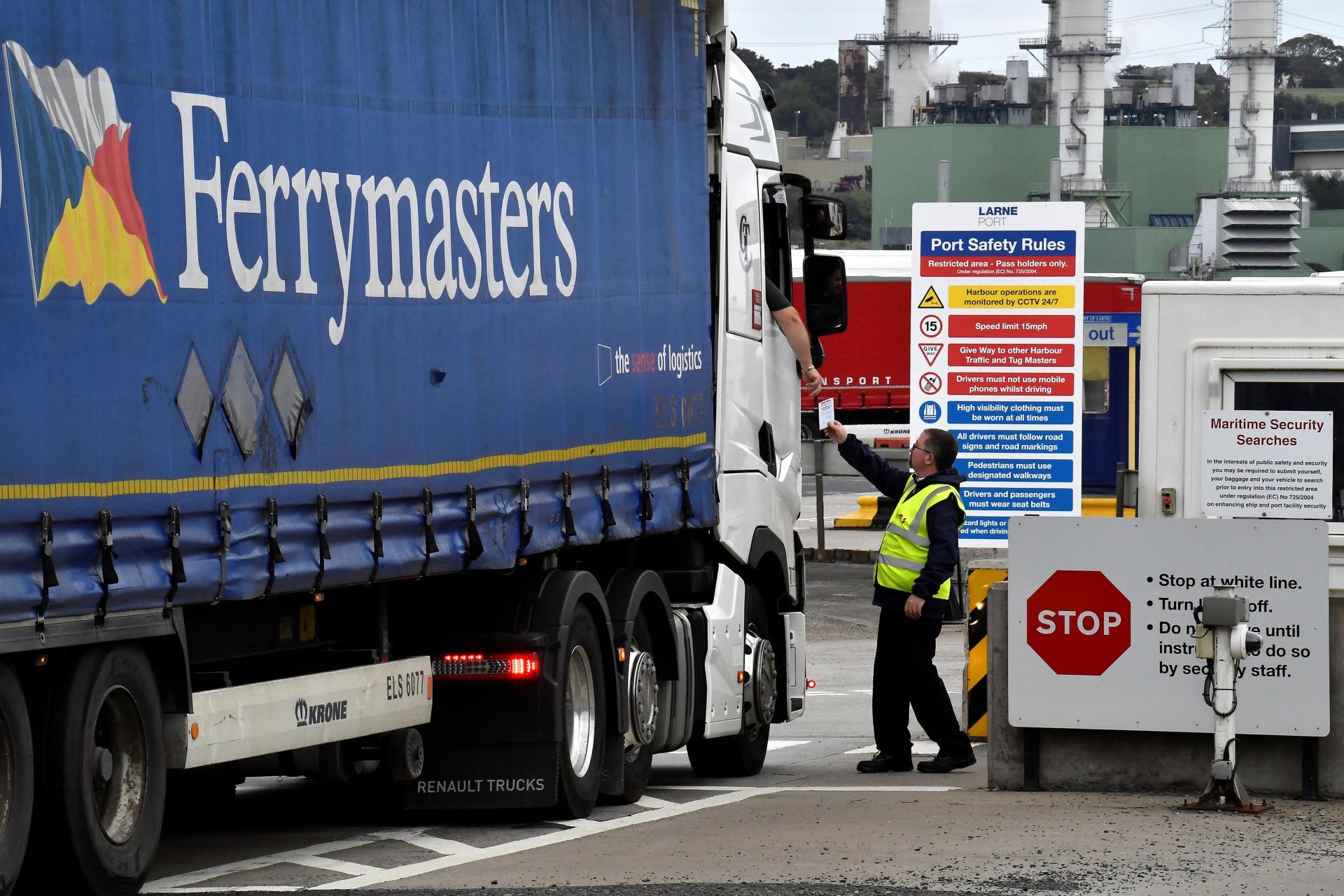When I supported Brexit in this column, much to the dismay of family and friends, I never argued that severing links with the European Union after so many years would be anything but immensely complicated or that Britain wouldn’t suffer serious disruption and financial losses.


2 comments
To be able to write a comment, you have to be registered and logged in
The EU didn't come into effect until the Maestricht (spelling?) Treaty. In 1975 you voted for something completely different, I think it was for the EEC, European Economic Community.
Excellent insight Donald. I fear the European politicians do not understand the NI dynamics of a sectarian population. Most of the U.K. population would be pleased to see the back of the place for the £20billion a year cost to the mainly English taxpayers for the disfuctional politics there. But as long as the majority population wish to remain British we have to respect that. So their view of foreign control by the ecj is very valid.our opinionated USA friends should recognise no taxation without representation call. The unionist population complain that the European Commission is not listening. If the Billy boys shout everyone will hear. The roi politicians should know this.